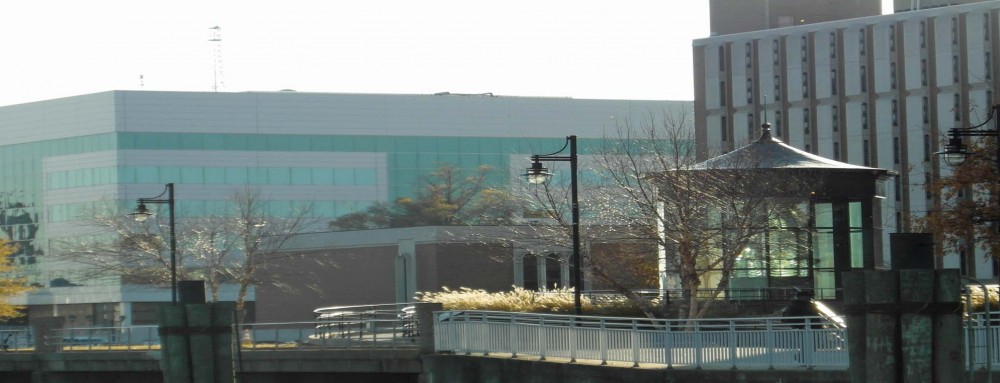As I belatedly watched the PBS tribute commemorating the twenty-fifth anniversary of Ken Burns’s documentary, “The Civil War”, one particularly insightful observation struck both a nerve and a chord. Discussing why he found the subject so compelling that he would devote the effort to making an eleven-hour series about it, Burns said, “[Everything] in American history led up to it, and everything since has been a consequence of it. . . . [T]he centrality of the Civil War in our lives, and [how it shaped] the meaning of who we are as Americans [makes this event] the subject in American history.”
Starting at 9 PM Monday, September 7, and continuing in the same time slot each night through Friday, WHRO-TV15 will air the series again. Although the visuals and the soundtrack have been redone to reflect the technological advances of the past quarter century, my understanding is that the content will be as it was originally, a masterpiece of historical research brought to life with archival photographs and personal accounts of significant events, participants, movements, and ideas that led to, sustained, and resulted from the Civil War. In this, the one hundred fiftieth anniversary year of the end of the war, I plan to watch the whole program again. I encourage my readers to do the same. Like me you may not be able to watch the episodes as they air, but with a little help from our DVRs, we can break the experience into smaller blocks of time and longer periods of reflection. In so doing, I think we will have a better chance of putting current events, in Portsmouth and our country as a whole, into what our late Mayor Holley liked to call “the proper perspective”. (A wealth of information about the series is available from PBS at “The Civil War” web page.)
What is most certainly clear to me is the applicability to our hometown of Mr. Burns’s previously cited observation about the Civil War, that “everything [in American history] since has been a consequence of it.” Our extension of “the late unpleasantness” is manifesting itself as a “cold war”: the Confederate memorial in the heart of downtown Portsmouth and the mayoral recall effort are visible symbols of the struggle between the African American and European American elites for political dominance in our city. A demographic shift that began more than fifty years ago has made Portsmouth “majority minority”, but until just the last few years, the African American numerical advantage did not translate into the ability to set the agenda for municipal government. Only with the formation this January of a “deciding majority” on city council solidly bound together on issues important to the African American Establishment has the influence of the longstanding “Good Ol’ Boy (and Gal)” Network started to wane noticeably.
The replacement of one set of power brokers with another, however, does not bode well for the citizenry as a whole, no matter their skin pigmentation. Since the colonial era, race distinction has been a tool by which the people with real power — economic and social — have maintained their own positions at the top of the “socioeconomic pyramid”, keeping the everyday folks politically divided and effectively disenfranchised. If we sincerely wish to “secure the blessings of liberty to ourselves and our posterity”, we need to free ourselves from the backward thinking that has kept the Civil War from ending other than on paper. President Lincoln’s paraphrase of scripture, “A house divided against itself cannot stand”, is still a cautionary note for us twenty-first century Americans. People of good will, whom I believe to be the “Meaningful Majority”, need to extend our hands and hearts to each other as we strive unrelentingly to make this truly a nation of “liberty and justice for all.”
